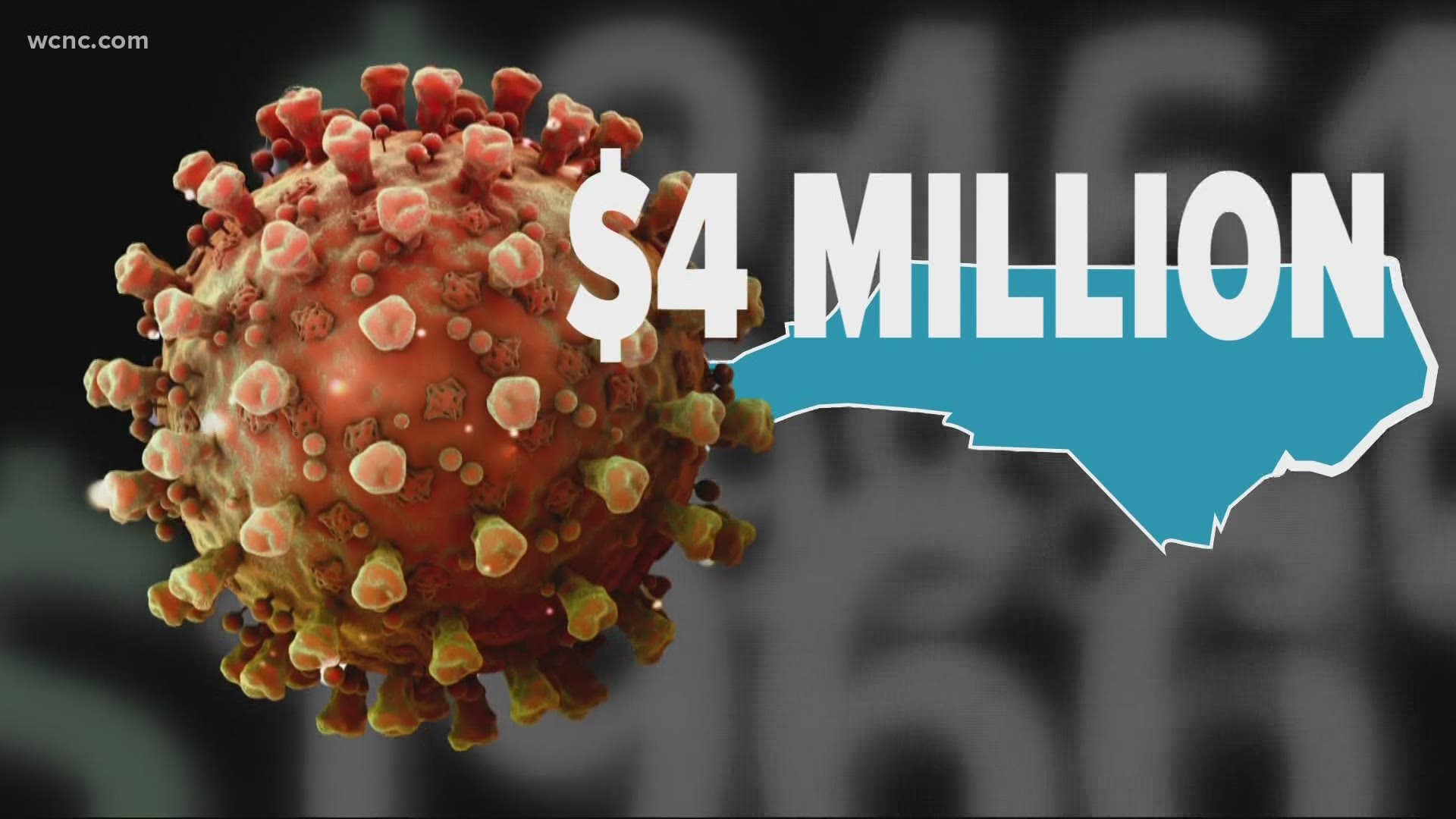CHARLOTTE, N.C. — North Carolinians have lost millions of dollars to COVID-related cyber fraud. The scams are so intricate that even the experts admit they’d fall for it.
Now, the Tarheel state is launching a first-of-its-kind hotline that could save you big.
These aren’t the old iTunes card or Nigerian Prince scams, we’re talking cloned cell phones, fake COVID results, unemployment fraud concerns. It's advanced cons like these that people are falling for in droves.
“A lot of people don't even realize that they're a victim," said Nichole Dennis, the program director for Cybercrime Support Network. "Aalso they don't know where to report.”
Dennis said that just like you would report it if your car got broken into, you should be able to report identity theft.
The pandemic has been a perfect storm for cybercrime, and the proof is in the numbers. In 2018, North Carolinians lost a record of $48.5 million to internet crimes, and projections for 2020 are even higher.
“COVID-19 has definitely seen an increase in scam activity," Dennis said.
Federal Trade Commission data shows North Carolinians have reported than $4 million in fraud losses specific to COVID-19, making the Tarheel State the 8th most targeted in the nation since March.
"The scams are definitely getting more sophisticated," Dennis said.
Dennis said the scams are working because they’re preying on people’s fear and loneliness – in what's already a scary and isolating time.
"People are falling on hard times, so there's unemployment scams that are coming around," she said.
Since so many people are isolated, Dennis said romance scams have gone up significantly as well.
Sharon D'costa, a project manager with NC 2-1-1, said they've seen a lot of puppy scams for that same reason. People are looking for company.
There are even scams going around for false COVID-19 testing results, fake medical equipment, and even charity scams.
"So we see this need of people, you know, being impacted — but there's not really a clear path of what to do once you're affected by cybercrime," Dennis said.
That is, at least, until now.
Dennis’s cybercrime team has partnered with United Way of North Carolina to launch a statewide cybercrime hotline.
"Just dial 2-1-1 and they will speak to our trained call specialists who have access to our resource base of more than 90,000 resources," D'costa said.
The free program, funded by state and federal grants, is one of the first in the nation set up to help victims of cybercrimes.
From fraud and scams to bullying and cyberstalking, it's a new emergency line for the digital age.

